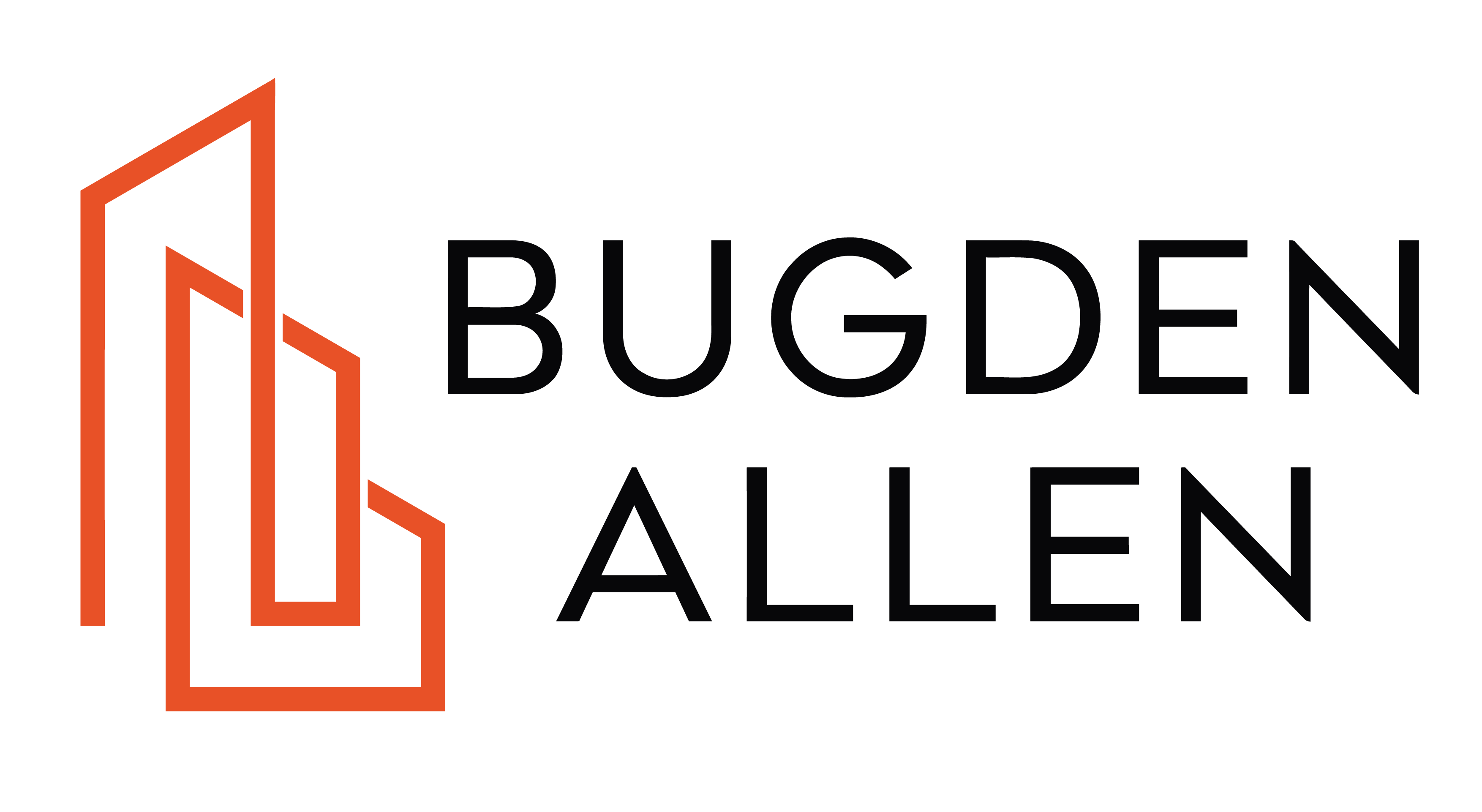Stage 2 strata reforms for the ACT expected 1 July 2023
As part of their Managing Building Better legislative reforms, the ACT Government is continuing to amend legislation related to unit titles to improve the management of apartments, townhouses and mixed-use developments and commercial units.
Building on the stage 1 unit titles reform, the Unit Titles Legislation Amendment Act 2020 commenced on 1 November 2020.
Stage two reforms
The Unit Titles Legislation Amendment Bill 2023 builds on the stage one reforms. These stage two reforms, which are expected to commence on 1 July 2023, include:
- allowing subleasing of common property, and clarifying the circumstances where this may occur
- allowing existing owners corporations to opt in to a Building Management Statement
- clarifying when owners corporations can recover an insurance excess payment
- amending the default rules for a units plan to add further examples of where permission for the installation of sustainability infrastructure may be withheld
- administrative improvements to streamline and improve processes, including the initial lodging of a unit title application ,and accessing and sharing information when purchasing a unit.
Find out more about the stage two reforms.
These reforms changed various pieces of legislation, including:
- Unit Titles Act 2001 – Provides for the subdivision of land by a units plan and primarily concerns applications for new developments and the way in which these developments are divided into units
- Land Titles (Unit Titles) Act 1970 – Provides for the initial registration of units plans, the registration of registration of an owners corporation’s rules and the registration of building damage schemes.
- Unit Titles (Management) Act 2011 – Provides for the management of units plans, outlining the rules, responsibilities and governance applicable to owners corporations (building management bodies)
- Civil Law (Sale of Residential Property) Act 2003 – Provides for the sale of residential property, outlining the rules, regulations and laws applicable to a term or contract of sale
Below is a more substative summary of some of the changes coming from 1 July 2023:
Rules
Every time “rules” (known as by-laws in other jurisdictions) changed or are added to, an owners corporations will be required to lodge an updated compilation of all of their alternative rules. This is the same concept as the “consolidaiton of by-laws” process as found in jurisdictions such as NSW and WA.
Previously, owners corporations were only required to lodge an amended rule or rule. This change means that prospective owners will have access to a full and current set of rules when they are purchasing a unit.
Exemptions from insurance requirements
Unit owners may exempt themselves from the requirement to take out and maintain building insurance. This can only be done if the development contains class B units, and the exemption resolution must be unanimous. This typically occurs where each unit has building insurance, and unit owners decide that additional building insurance for the whole complex is not required [1] .
Under the current arrangements, once the decision to be uninsured is made, it later lapses at the next annual general meeting. This is an issue as there is no notification of this exemption lapsing, meaning that owners, and particularly prospective and new owners, may not be aware that their unit does not have building insurance.
The Unit Titles (Management) Act 2011 has been amended to:
- require owners corporations to register their resolution to exempt themselves from building insurance with the Registrar-General within three months of the decision
- clarify that the exemption remains in effect until another resolution amending or revoking the exemption resolution is registered and
- note that the exemption resolution does not affect the requirement for an owners corporation to take out and maintain public liability insurance.
Streamlining unit title applications
The requirements for a unit title application are set out in the Unit Titles Act 2001 and the Unit Titles Regulation 2001. The combined effect of this legislation is that a unit titles application must include certain documentation (similar to a Development Application), such as a unit title assessment report.
The contents for the unit titles assessment report are prescribed by the Regulation. The Regulation also prescribes accompanying material for a unit titles assessment report. The legislation did not afford any discretion to the planning and land authority to waive the provision of all required documents.
Lodgement of the Unit Title application for a completed development was often delayed because the certificate of occupancy and use and the Transport Canberra and City Services operational acceptance for works on public unleased land had not yet been obtained.
Reforms to the unit title application process will make it possible to lodge a Unit Title application without the following ‘required material’:
- the most recent certificate of occupancy and use—
- for each unit in the parcel and
- for any structure within the boundaries of the common property.
- if a work approval for the development is required under the Public Unleased Land Act 2013, section 19 (Approval to carry out work on public unleased land)—a copy of the approval.
The ‘required material’ may now be lodged with the unit title application and if not lodged must be provided by the applicant as further information to accompany the Unit Title application prior to approval of the Unit Title being granted.
Subleasing common property
From 1 July 2023, subleasing of the common property of a units plan will be permitted in certain circumstances. This provision formalises the process of using common property for business activities, provides a clear framework for subleasing common property, and provides a structure to protect the rights of unit owners[2].
Sustainability infrastructure
The Unit Titles Legislation Amendment Act 2020 included amendments to the Unit Titles (Management) Regulation 2011 that were aimed at ensuring unit owners and occupiers are able to install and access sustainability infrastructure. These changes provided that permission to install sustainability infrastructure must not be unreasonably withheld. The 2020 changes did, however, allow for permission to install sustainability infrastructure be reasonably withheld where there are safety or structural considerations.
The Unit Titles Legislation Amendment Bill 2023 adds further examples where permission for the installation of sustainability infrastructure may be withheld, being financial considerations or equity of access to common property, easements, utility services, or facilities.
Improving Administration
The Unit Titles Legislation Amendment Bill 2023 delivers stage two of the Unit Titles Reform Project. It amends a number of Acts with the aim of further streamlining and improving the legislative processes that relate to development and management of units plans. These reforms include:
- removing the requirement to lodge multiple copies of units plans, now plans are lodged online
- preventing the elimination of a unit in a two-unit Class A units plan if one unit is the subject of a building damage scheme
- allowing existing owners corporations to opt in to a Building Management Statement via a special resolution
- clarifying circumstances in which owners corporations may recover insurance excess payments
- removing the requirement for a unit owner to give the owners corporation notice if they enter into an agreement to sell the unit, with notification to be provided at settlement
- placing a four month time limit for an eligible person to request a unit title update certificate from an owners corporation, after they have obtained a unit title certificate
- clarifying that all units plans with more than $250,000 in the combined funds under management must participate in an annual audit of their financial records.
© Australian Capital Territory
1. Section 101 Unit Titles (Management) Act 2011
2. Unit Titles Legislation Amendment Act 2023




